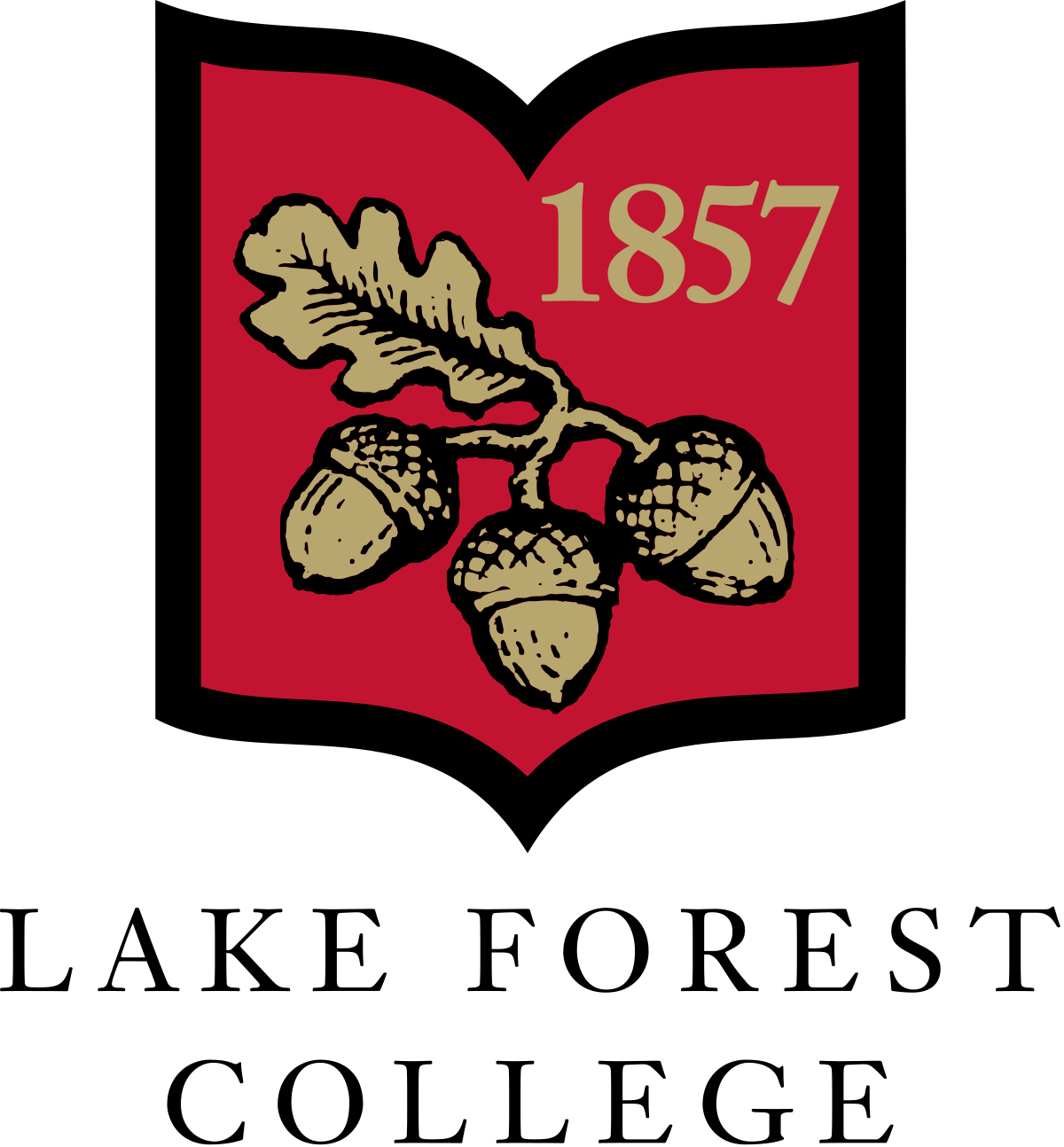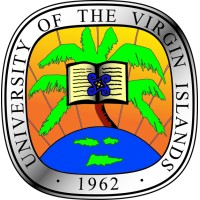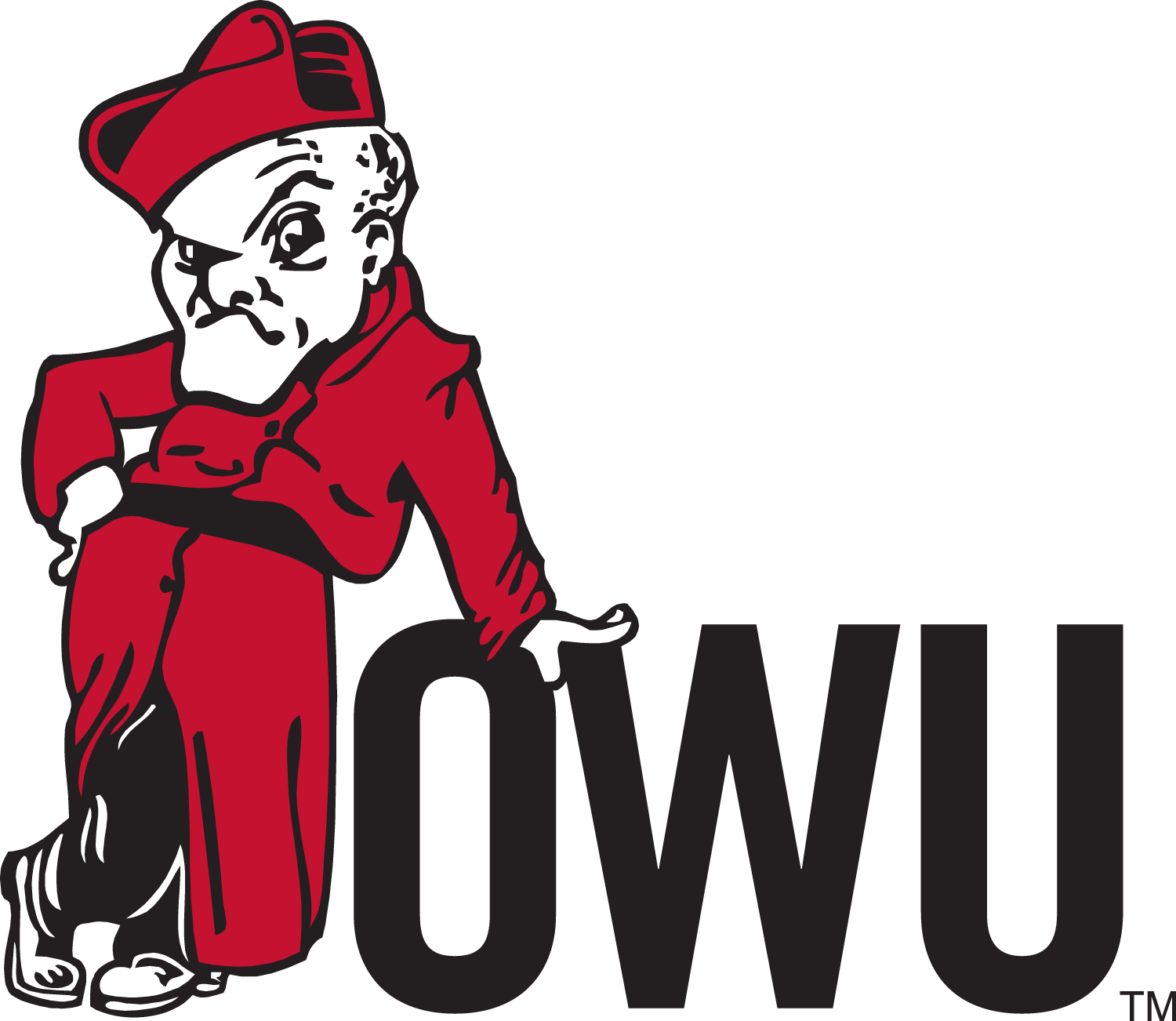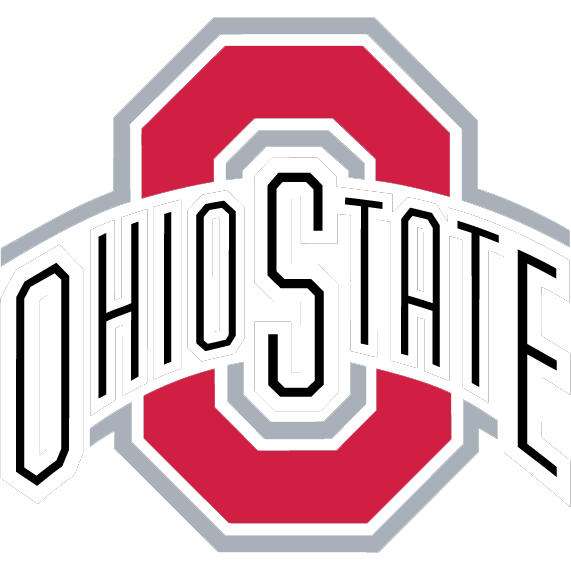Narrative Curriculum Vitae
This is a reverse-chronological narration of my career path and learning journey. Click here to download a less interesting old-school CV, but if you do, please also take a moment to read a little about professionalism.
Research
I’m a polymath researcher, interested in a wide variety of quantitative and sociological phenomena which I explore via a never-ending stream of mentored undergraduate research projects. My primary personal focus is in the area of quantitative botany, where I design and apply tools that aid conservationists and land managers as they evaluate the health and progress of natural sites.
In this area, I’ve published the {fqar} R package, which I continue to maintain, and a related paper in the Journal of Open Source Software. My latest effort, A new metric for evaluating the conservancy of plants, is currently under review at the Journal of Applied Ecology.
Lake Forest College August 2019 – Present

I joined the Lake Forest College Department of Mathematics and Computer Science in the fall of 2019 in support of their data science program, which was then experiencing explosive growth and which continues to thrive today. Initially hired at the assistant level, I have since been promoted to associate professor with tenure.
In this role, I spearhead the statistics track of the DS major, focusing on R programming and mathematical probability/statistics. Because my Ph.D is in pure mathematics, I’m able to support students with that focus as well, teaching and mentoring all levels of undergraduate math.
A few of the many research projects I’ve mentored in my time here:
Enhancing visual accessibility in Lake Forest College’s data science major, with Tobias Ellis. Summer 2024.
Hypoxia reversal improves antimalarial immune response, with Kateryna Malkina. Academic year 2023-2024.
Investigating co-occurrence in Chicagoland floristic quality assessments, with Irene Lulabelwa and Ryan Sorrells. Summer 2023 James Rocco fellowship.
Using machine learning to detect the presence of the onchocerca parasite, with Jovana Jovanovska. Academic year 2022-2023.
Developing quantitative tools for floristic quality assessment, with Alexia Myers. Summer 2022.
Uncertainty in SIR epidemiological models, with Kateryna Malkina. Summer 2022.
The lion-and-man problem in the hyperbolic disk, with Dipika Subramaniam. Academic year 2020-2021.
Prediction intervals for interpolants, with Ethan Wilson. Summer 2020 Richter scholars program.
Several of these projects have led to peer-reviewed publications with undergraduate collaborators. For specifics, take a look at a complete list of my publications.
Equitable Equations March 2020 – Present

My YouTube channel, Equitable Equations, began in the late winter of 2020, when the covid-19 pandemic forced professors and teachers around the world to move their courses online. Rather than lecturing live via Zoom to students in crises, I made the decision to create bite-sized, modular lessons that could be re-used across semesters and even institutions.
Everything was very ad hoc for me back then, but I’ve learned a ton since and upgraded my production values substantially. These days, Equitable Equations specializes in #Rstats and closely-related topics in machine learning and computer science and boasts well over 40,000 subscribers. My most popular video, ridiculously titled Learn R in 39 minutes, has nearly a million views. All of this is very strange to me.
In the spring of 2025, in part reflecting my growing understanding of YouTube’s Almighty Algorithm, I made the decision to begin a second channel which would offer full courses in statistics and machine learning, allowing Equitable Equations to focus more specifically on R. Normal Knowledge soft-launched that May, with a more official release coming soon.
Collaboration
The best part of running Equitable Equations has been the opportunity to meet and work with some immensely talented and kindhearted people, particularly in the #Rstats community. Together with Dr. Greg Martin, proprietor of R Programming 101, I co-host a YouTube series called “Today I learned in R,” where the two of us (and sometimes guests) open up about some of the many discoveries we’re constantly making as our data science skills continue to evolve.
On my own channel, I make it a point to bring in experts to weigh in on the real-world considerations of the topics I cover. Recently, I’ve spoken with Meghan Harris about version control, Abigail Haddad about job hunting in data science, Heather Mattie about ethical AI in healthcare. I love being around people smarter than I am!
The University of the Virgin Islands August 2014 – May 2019

Prior to moving to Chicago, I worked as a professor of mathematics on the island of St. Croix, USVI. The University of the Virgin Islands is an HBCU and the only degree-offering institution of higher learning in the Virgin Islands. As such, it serves an astounding variety of students, from elite high schoolers to working parents with little memory of earlier math classes. I miss that place every day.
As a math professor in an island community of under 40,000 people, I didn’t have the luxury of staying within the narrow specialization of my Ph.D work. I interfaced with the local high schools, taught in a Masters of Arts programs for in-service math teachers, supported a major oceanographic grant (VI-EPSCoR), and provided statistical and mathematical support to a wide variety of projects.
Although I was already transitioning to statistics and R programming during my time at UVI, my research remained true to my Ph.D in pure mathematics. Toward the end of my tenure there, I published my most widely-read paper, The Wild Goose Chase Problem, in 2018 in the Journal of the American Mathematical Association. To this day, I still occasionally engage with pursuit/evasion problems and other differential games in my research.
Ohio Wesleyan University August 2012 – May 2014

Following completion of my doctorate in mathematics from Ohio State University, I was hired as a visiting assistant professor at OWU, in part to replace their statistics prof, who was away on sabbatical. I taught stats at the freshman and sophomore levels for two years, beginning my R career and starting to come to grips with the fact that pure math might not be my calling after all.
During that time, I organized and chaired the Midstates Conference of Undergraduate Research in Computer Science and Mathematics (MCURCSM). Papers for this conference underwent academic peer-review as part of the acceptance process, which I organized via the EasyChair management system. I also edited and published the conference proceedings.
The Ohio State University Ph.D. mathematics, March 2012
 I did my graduate work at OSU, where I completed a doctoral thesis entitled Reverse Isoperimetric Inequalities in \(R^3\), under the supervision of Dr. Fangyang Zheng. Roughly speaking, this problem considered surfaces of minimal area for fixed volume under curvature constraints. Such a constraint can be viewed as modeling surface tension in a physical medium such as the red blood cell.
I did my graduate work at OSU, where I completed a doctoral thesis entitled Reverse Isoperimetric Inequalities in \(R^3\), under the supervision of Dr. Fangyang Zheng. Roughly speaking, this problem considered surfaces of minimal area for fixed volume under curvature constraints. Such a constraint can be viewed as modeling surface tension in a physical medium such as the red blood cell.
Though I tutored student athletes as a side hustle, I somehow didn’t attend a single OSU football game during this time. Don’t hate me if you’re from Michigan, please.
Previous experience
I tried on a number of different hats before starting graduate school, some relevant to my current work, some not. I reviewed books for the Columbus Dispatch and Cleveland Plain Dealer back when local newspapers were a thing. I was a part-time data analyst for a public-opinion research company. I sat on the board of a small preschool. I worked nights at a Red Roof Inn (ask me about that one if you see me). And I played bass in an indie rock band for awhile.
The cliche goes that life is short, but this hasn’t been my experience. Life is long, and there’s time enough to be different people over time if have the desire and your circumstances allow. All of those people live within me now, chattering away inside a modestly wise, very nerdy, middle aged head.